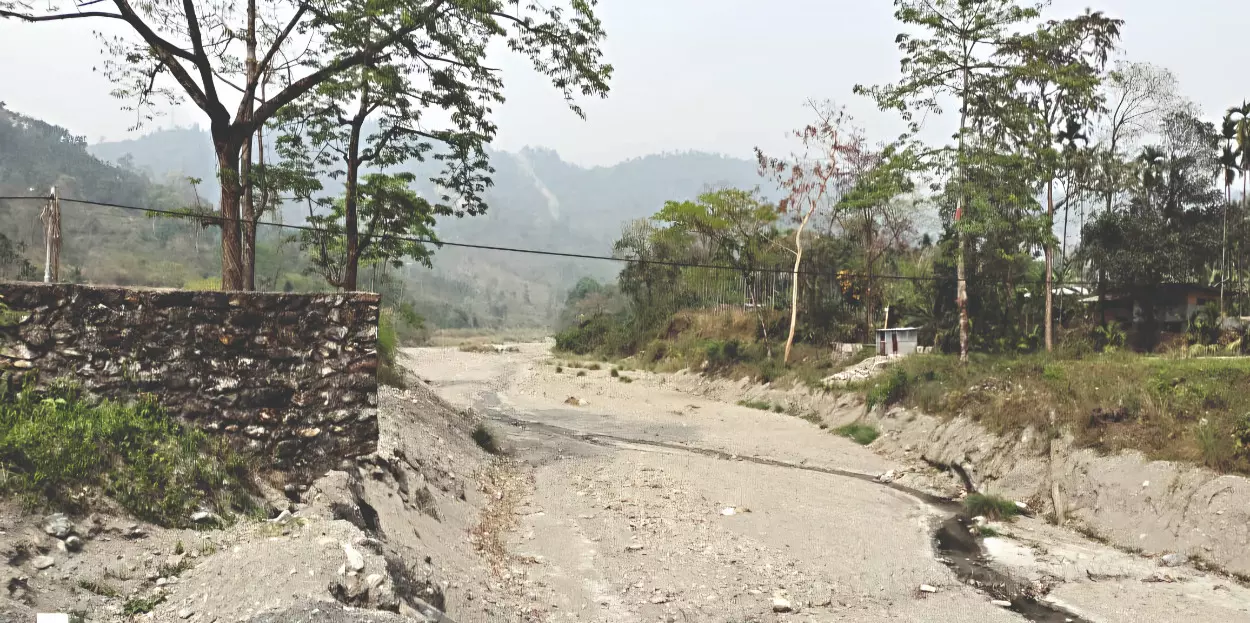
Jalpaiguri, April 10 -- A high-level field study conducted by the Irrigation department in the Bhutan-bordering areas of Alipurduar and Jalpaiguri is nearing completion. Preliminary findings indicate that several activities undertaken by Bhutan are contributing significantly to recurring floods in the Dooars region.
According to senior officials, the Bengal government is preparing to forward the comprehensive field report - complete with data and photographic evidence - to the Central government next week. The aim is to highlight the issue ahead of a scheduled India-Bhutan high-level meeting in May and to push for the inclusion of Bhutan's role in the flooding and landslides as a key agenda point.
The findings from the field study paint a concerning picture. Massive hill-cutting operations in Bhutan for construction work have led to sand, gravel and dolomite dust entering rivers and streams flowing into the Dooars. This has resulted in significant sedimentation, raising the riverbeds and intensifying the risk of floods in adjacent areas during the monsoon season.
Chief Engineer of the Irrigation department's North-East Division, Krishnendu Bhowmik, confirmed: "Our study is in its final stage. A high-level meeting between the two countries is expected soon. Though the venue is yet to be decided, we will be submitting the report to the state government within this week."
The field team surveyed several vulnerable zones, including Jogikhola, Kharkhola, Basra, Pashakha, Jayanti, Buxa, Pilling, Bhutan Ghat to Gomtu and Pagli Bhutan. Investigations in areas like Pagli Bhutan, Pashakha and Piping revealed how river mouths are being blocked by dolomite deposits. Similar conditions were noted near the Reti Sukriti River in Chamurchi, Jalpaiguri.
Local representatives echoed the urgency. Alipurduar MLA Suman Kanjilal said: "Indiscriminate use of dynamite in Bhutan for dolomite extraction is causing landslides. The accumulation of debris - gravel, boulders and sand - is raising the riverbeds, making floods inevitable. It's imperative to form an India-Bhutan River Commission now."
The state Assembly has already passed a resolution calling for the formation of such a commission. The upcoming bilateral meeting, expected to include officials from the Ministry of Water Resources, River Boards, CWC and Disaster Management departments, may determine coordinated actions on flood control, dam management and environmental concerns. Participation from West Bengal representatives has also been confirmed. The last Joint Group of Experts Committee meeting between India and Bhutan was held in April 2023 in Bhutan.
Published by HT Digital Content Services with permission from Millennium Post.
